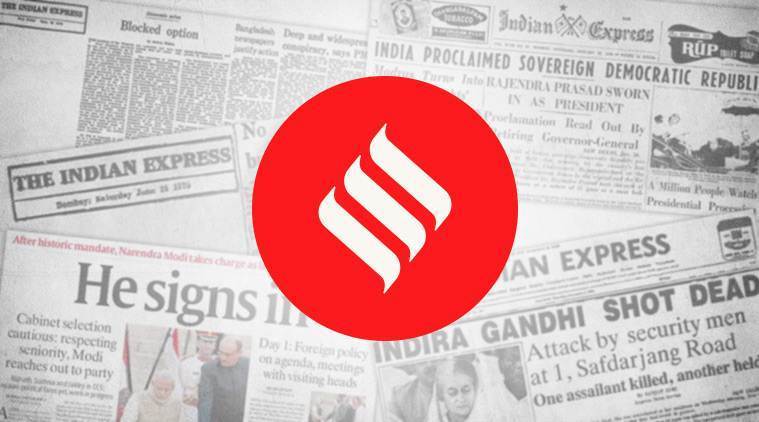Opinion Pilgrim’s progress
Kartarpur corridor brings a moment of transcendence in a fraught India-Pak relationship. It must be built upon.

 About 5,000 pilgrims are expected to access the visa-free corridor every day of the anniversary year.
About 5,000 pilgrims are expected to access the visa-free corridor every day of the anniversary year.
November 9, 2019 will go down as a rare day in the history of the Indian sub-continent, on which two nations managed to put aside the distrust and hostilities to jointly facilitate a pilgrimage for a small religious minority in India. Access to Gurdwara Darbar Sahib in Pakistan’s Kartarpur has been a part of the hopes and prayers of three generations of Sikhs, separated by Partition from many of their most important places of worship. The shrine, built at the site where Guru Nanak, founder of the Sikh faith, is said to have spent the last 18 years of his life, is 4 km from Dera Baba Nanak on the Indian side, and on a clear day, can be spotted through the bulrushes on the banks of the Ravi. Until September 2018, when Pakistan and India agreed that a visa-free “Kartarpur corridor” from Dera Baba Nanak be fast tracked in time for Guru Nanak’s 550th birth anniversary, a visit to Kartarpur Sahib for believers on the Indian side meant viewing the gurdwara through binoculars from a security forces’ watchtower near the border. Since then, both sides have defied history and an extraordinary year of hostility in their relations, to give shape to the corridor and the prayers of millions of people.
About 5,000 pilgrims are expected to access the visa-free corridor every day of the anniversary year. It will be the largest sustained daily cross-border visa-free movement of people between the two countries. In any other place, this would have been evidence of friendly ties, not deep suspicion between two countries. Not surprisingly, as this is about India and Pakistan, there has been talk on the Indian side, for instance, about Pakistan’s intent to destabilise Punjab — Chief Minister Amarinder Singh has made such allegations with regularity. Yet, in the end, the nay-sayers were not loud or persistent enough to put a spoke in the wheel, and Amarinder Singh himself was in the first batch of visitors to the shrine along with former Prime Minister Manmohan Singh. This conveys the importance of the corridor for India, and for Punjab.
India and Pakistan are living an unprecedented moment in their history. Even so, comparisons with the fall of the Berlin Wall, exactly 30 years ago, are overblown. That was the day the world changed as two countries created from one put the past resolutely behind them and reunited with a shared vision and goals. India and Pakistan are not in a quest for unification. Just being normal and neighbourly will do. It will require statesmanship of a high order for the Kartarpur Corridor to lead to something more than a pilgrimage between the two countries.





